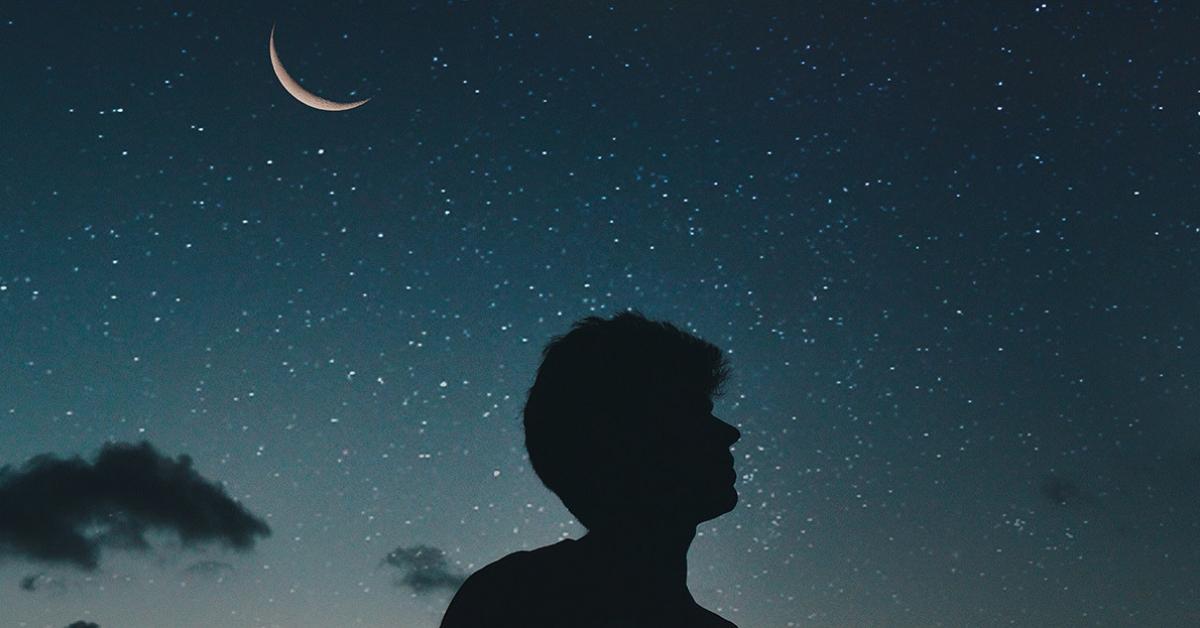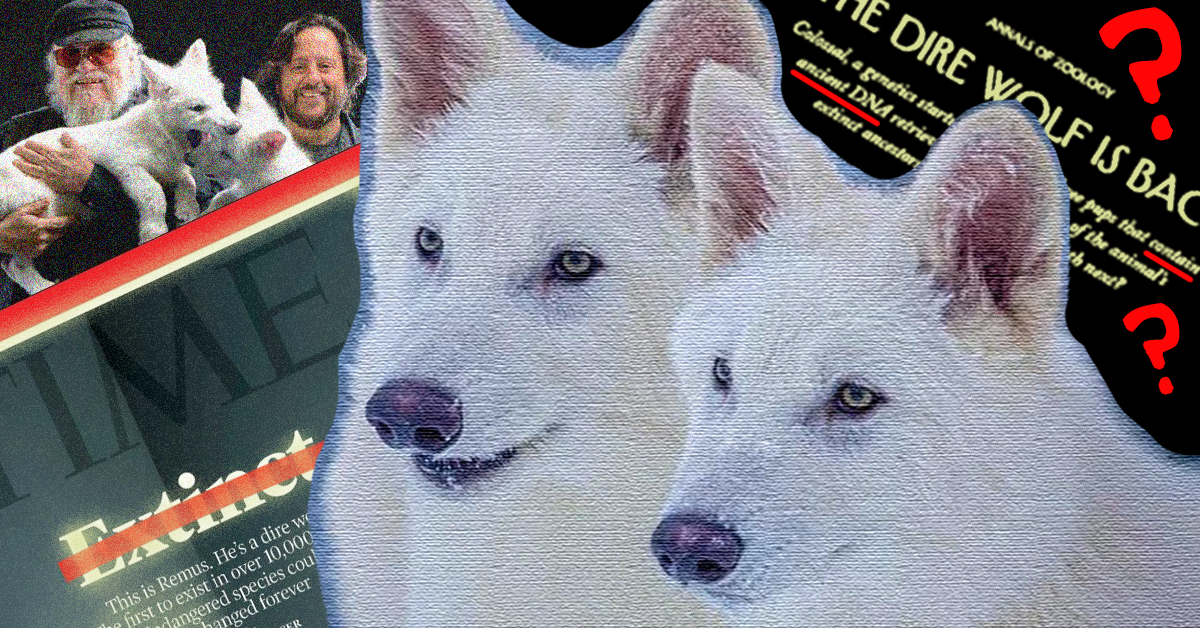Welcome to #AskFlipScience, where we answer even the strangest, silliest questions with science!
This week’s question: Why do some people “night owls”?
For the longest time, I was convinced that I was a morning person, because the freshest pan de sal is typically made in the morning, and it’s more than enough to get me to get out of bed. (Well, that and the fact that to avoid traffic, you have to wake up at ungodly hours.)
Recently, though, I’ve found myself working late into the night. While I thought that my productivity would go down the drain, it actually slightly increased during the night.
That’s when I began to wonder: Am I a night owl?
“Hoo” are night owls?
Night owls (or “B-people”) have a tendency to be more active during late hours of the night to the early hours of the morning. They usually find working in the morning or in the middle of the day very difficult, and perform at their best after daylight.
Think of anyone that prefers the night shift or passes their work at 12 midnight — those people are likely night owls.
It’s not just about preference or their work shifts, though. The bodies of true night owls function a bit differently from people who just happened to be staying up late.
Bedtime police
You may be familiar with the term circadian rhythm, which is the daily cycle of a living thing’s bodily processes — physical, mental, and even behavioral. Your biological clock regulates the timing of your circadian rhythm.
Your sleep chronotype indicates the period of time within that 24-hour cycle in which your body tells you to catch some zzzs. Thus, it’s also what determines whether you’re an early bird or a night owl.
Another factor in this is melatonin: the hormone that helps you fall asleep. According to research, millions of years of evolution likely conditioned our bodies to release melatonin once the sun goes down.
However, night owls don’t get this kind of hormone release at the same time morning people do. Melatonin levels for them don’t rise until much later in the day. In some cases, this doesn’t even happen until early morning. You can say that their bodies are unable to tell them to go to bed at night.
Hoo-why does this happen?
There are a variety of reasons why people can be night owls.
Our bodies usually tend to fall asleep in dark, cool areas or times of the day. If you’ve conditioned yourself not to do that, though, your body follows suit and adjusts your sleep schedule.
Genetics plays a role here, too. Recent findings show that if you belong to a family of night owls, chances are you’re one as well.
However, there’s good news for B-people looking to trade moonlight for sunshine.
Being a night owl isn’t necessarily a permanent thing. With enough practice and small changes, you can adopt a sleep schedule that leaves you more awake and alert in the morning. It just won’t happen in a snap, though.
Remember: If you’re a night owl whose friends expect you to get some shuteye as soon as the sun goes down, you can show them this article and say, “That’s a hoot.” –MF
Cover photo: Pexels
References
- https://globalnews.ca/news/5092365/early-bird-night-owl-sleep/
- https://www.livescience.com/58573-delayed-sleep-phase-disorder-linked-to-gene-mutation.html
- https://www.nigms.nih.gov/education/pages/Factsheet_CircadianRhythms.aspx
- https://www.vox.com/science-and-health/2018/2/27/17058530/sleep-night-owl-late-riser-chronotype-science-delayed-sleep-phase
- http://www.sfgate.com/technology/businessinsider/article/11-Bizarre-Sleeping-Habits-Of-Highly-Successful-5006320.php
- http://www.yourhormones.info/hormones/melatonin/
Author: Kyle Edralin
A writer, creative, and craftsman – Kyle (or as his friends call him, Phenex) trawls the internet for interesting science stories to share to the aforementioned friends. He has since decided to bring this pursuit to a much wider audience, and is working delivering this kind of information in a way that makes much more sense than his usual ramblings. He is also very fond of penguins.







